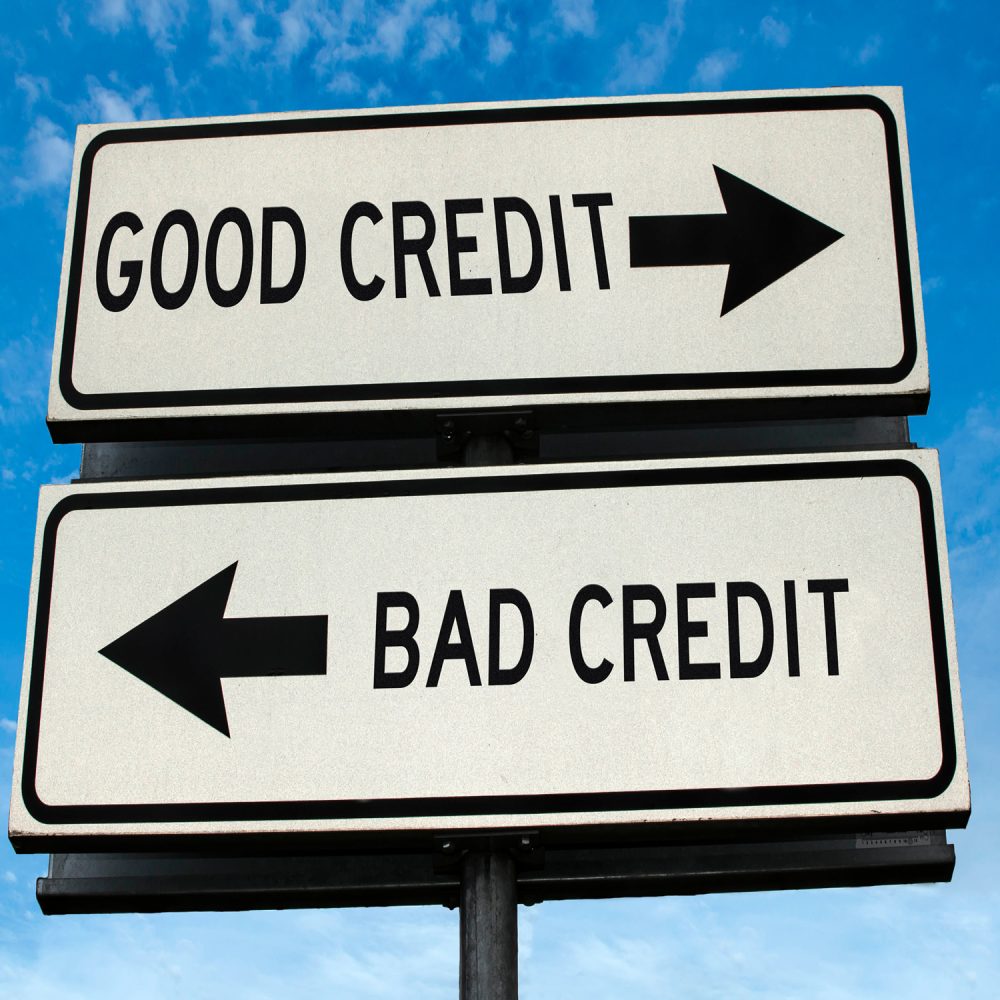Why Does a Good Credit Score Matter?
Your ability to handle financial obligations is reflected in your credit score. When it comes to financial institutions, your apparent level of responsibility is directly proportional to your credit score. According to the FICO model, a perfect credit score is one that is at least equal to or higher than 850 points.
What advantages are there to having a high credit score? The answer can be as simple as improved loan conditions and simpler approval procedures. The majority of people will save hundreds of thousands of dollars over the course of their lifetimes by maintaining a credit score that is good or outstanding. When it comes to mortgages, auto loans, and anything else that requires financing, a person with excellent credit is eligible for cheaper rates.
People who have superior credit ratings are perceived to be lower-risk borrowers, which results in more banks competing for their business and offering better rates, fees, and incentives to those individuals. On the other hand, individuals with bad credit ratings are viewed as higher-risk consumers. As a result, there is less competition among lenders for their business, and more companies are able to get away with charging high annual percentage rates (APRs) as a result.
Your ability to locate rental housing, rent a car, and even get life insurance might be negatively impacted if you have a poor credit score. This is due to the fact that your credit score influences your insurance score.
The length of time you have been on time with your payments is given the most weight in FICO credit ratings; yet, even one instance of being late could lose you significant points.


Use Credit Monitoring to Track Your Progress
How to Build Good Credit
- Review your credit reports.
- Get a handle on bill payments.
- Use 30% or less of your available credit.
- Limit requests for new credit.
- Pad out a thin credit file.
- Keep your old accounts open and deal with delinquencies.
- Consider consolidating your debt.
- Track your progress with credit monitoring.
The Bottom Line
A fantastic objective to have is raising your credit score, especially if you want to get one of the top rewards credit cards or apply for a loan to buy a significant item like a new car or house. When you start making changes to improve your score, it may take a few weeks or even months before you start noticing a difference.
